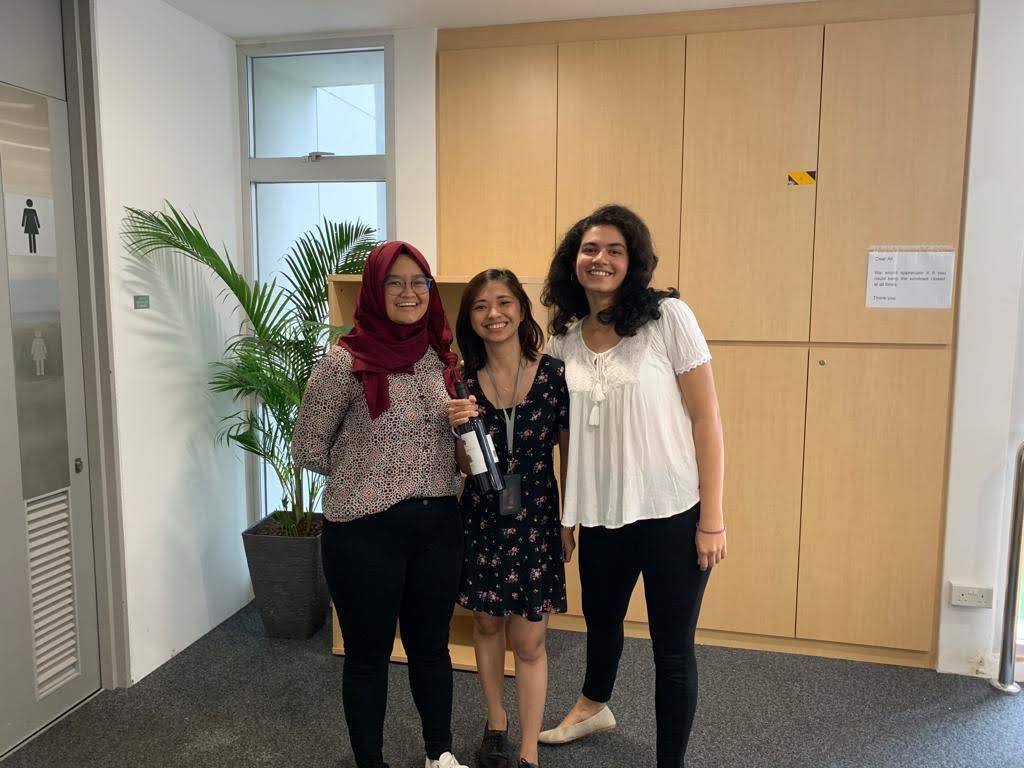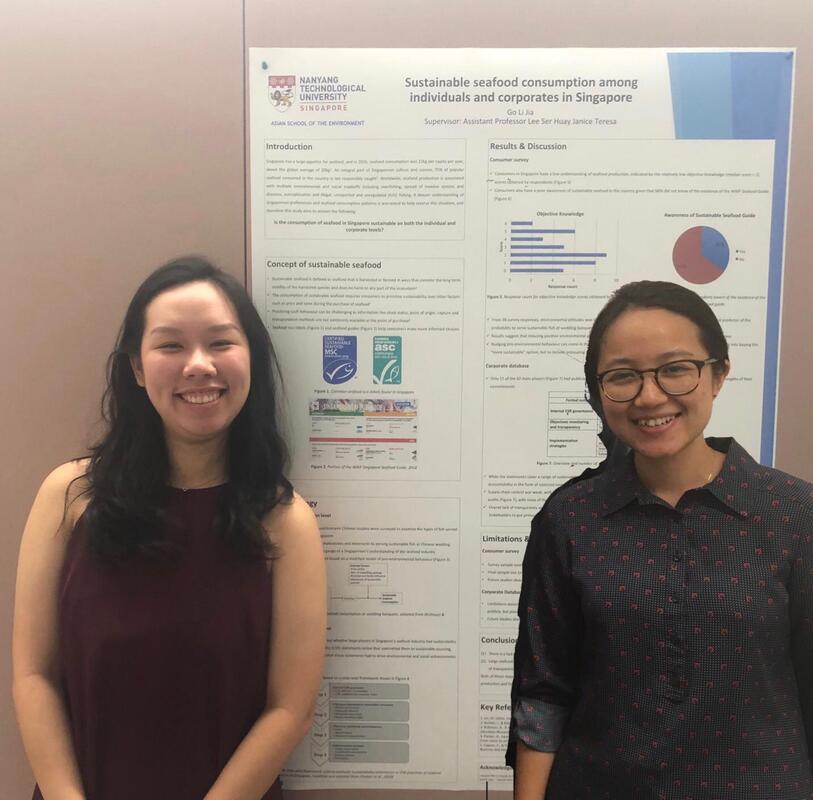|
We have been really fortunate to receive the Tier 1 grant from the Singaporean Ministry of Education. With this grant, we will look into obstacles to sustainable oil palm production at different points in the supply chain. While Singapore plays an important role both as a hub for large palm oil companies that spur economic growth in Southeast Asia, it is simultaneously an affected party of oil palm plantations expansion over peatlands in the form of haze. While deforestation for agricultural purposes is a major environmental problem, global demand for palm oil remains high, leaving continued but more sustainable production as a viable option for mitigation of environmental damage. However, targeting unsustainable practices in palm oil trade is complicated due to long and complex supply chains spanning a global market. Risk of actions that lead to deforestation exist at several levels in the supply chain, making implementation of sustainability standards difficult to achieve. Our interest is to address the risk of events leading to deforestation at two different levels of the supply chain, smallholders and traders.
First, the study will look at smallholders, who will be grouped based on socioeconomic characteristics using statistical cluster analysis. This way, the group/groups most likely to cultivate in sensitive ecosystems (unsustainable practice) can be identified. Second, the role of palm oil traders and their influence down the production chain will be evaluated through interviews with decision-makers in major palm oil trading companies as well as statistics on palm oil trade volumes. The outputs of this study will contribute towards identifying where deforestation risks are introduced along the palm oil supply chain and where opportunities for intervention can take place to mitigate these risks. I look forward to working with my collaborators on this project!
0 Comments
Anushka delivered a great talk on the typology of cashew farmers in northern Western Ghats and outlined how socio-political and economic drivers led to the expansion of cashew monoculture in the landscape. She received an unconditional pass for her Qualifying Exam at the Asian School of the Environment.
Li Jia completed her Final Year Project on sustainable seafood consumption practices in Singapore where she conducted an online survey on the the choice of fish used in Chinese wedding banquets and also looked into the sustainability policies of seafood companies based in Singapore. Hearty congratulations to Anushka and Li Jia! |


 RSS Feed
RSS Feed
